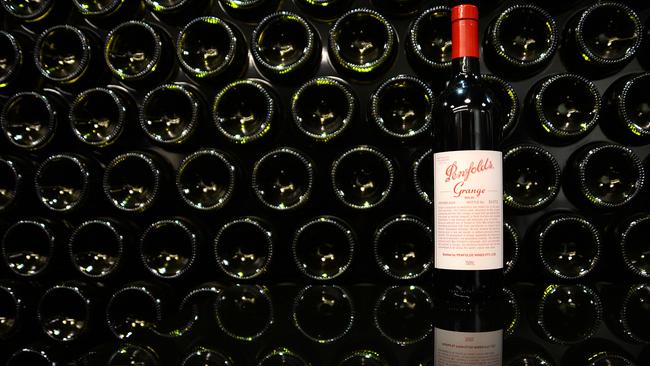
The companies were formally advised of the move on Monday.
Under China’s processes a final decision on the level of any dumping duty would be imposed in 12 to 18 months’ time or by August 18 at the earliest next year.
The government then applies a weighted average of the duties charged against the three companies, which will apply to all Australian wine exports.
The process is a lengthy one, as reflected by the department’s investigations into Australian barley in December 2018 before hitting it with 80 per cent tariffs in May this year. The timetable puts some context into a perceived ramping up of tension between the two countries.
While the three companies notified will do the heavy lifting for the Australian industry, others can participate. China is a crucial market for TWE, accounting for 17 per cent of sales and 35 per cent of its earnings.
It is also forecast to account for $200m of the $273m increase in TWE earnings over the next three years.
The sales are spearheaded by Penfolds, which was due to be spun out shortly but the China actions may delay this move.
China is also crucial to the entire industry, with exports to the country growing from $568m in 2017 to $1.2bn in 2020.
Exports of bottled red wine have been the big mover over the period, more than doubling from $502m to $1.1bn.
China is not happy with the fact Australian dumping officials don’t treat it as a normal market and take soundings on prices using neighbouring markets like South Korea, Thailand and Taiwan.
Dumping investigations in both Australia and China lack transparency, and for that reason a cloud will hang above TWE’s earnings outlook until the Chinese conclude their 12 to 18-month investigation.
Fagg’s strategic move
Boral chairman Kathryn Fagg has effectively underwritten her re-election to the Boral chair by appointing two Seven group representatives to a revamped board.
Seven has just under 20 per cent of the company, so under some arguments they should get two board seats, but it’s the timing of the move and the fact that Fagg is standing for re-election that has angered some shareholders.
Certainly, Seven Group must be thinking they did better than they could have expected to get two seats on the board.
Boral has appointed Zlatko Todorcevski as its new chief, replacing Mike Kane, and Fagg told the Australian he is going to do very well.
When asked about calls for her to resign she told The Australian “there was a need for stability and continuity and she and the other board members will also always try to act in the interests of Boral shareholders”.
She has a point. The key date will be the middle of October when a decision is due on the corporate review, with hopes from a key ginger group including Tanarra, Perpetual and Level 1 that the US company is put up for sale. The AGM is on October 27.
Fagg also appointed former CSR boss Rob Sindel and experienced director Deborah O’Toole to the board. Both of these moves are welcome.
Three directors will leave, including John Marlay and Eileen Doyle, while Paul Raynor will step aside in the course of his next term.
Tanarra Capital, which owns 4 per cent of the stock, argues that Fagg as the long-term member who presided over the disastrous Headwaters acquisition should also step down.
The $3.5bn acquisition has already been written down by $1.2bn.
Fagg said she would discuss the review of Boral’s assets with shareholders ahead of the meeting, which suggests a decision is imminent.
Raynor is up for re-election at this year’s meeting but Marlay and Doyle have decided to quit early.
The other two existing board members to stay are former Origin executive Karen Moses, who joined in 2016, just prior to the Headwaters acquisition, and US-based Peter Alexander, who joined in 2018.
Fagg is up for re-election at this year’s annual meeting. She has served on the board since 2014 and is facing a big challenge at the meeting given she presided over the $3.5bn Headwaters acquisition in 2017.
Fagg will be the only long-term member of the board to remain after Monday’s revamp.
She effectively has 20 per cent of the votes in her pocket thanks to the appointment of Ryan Stokes and Richard Richards from the Seven Group.
It was a tactically clever deal by Fagg and her adviser Tony Burgess from Flagstaff but key Boral shareholders would prefer it if she walked as well.
Sindel’s appointment is interesting given he used to run rival CSR, which has dealt extensively with Boral over the years, including buying most of its brick assets.
Warner’s way
It’s now a question of when rather than if Canada’s Couche-Tard will bid again for Ampol, with Louise Warner joining the company.
She clearly impressed chief Brian Hannasch when he was in town early this year on due diligence for the proposed $8.8bn bid for what is now called Ampol. Warner was also the rival to Matt Halliday for the Ampol chief executive position, replacing Julian Segal.
When Couche-Tard last bid, its lack of upstream industry experience was seen as a disadvantage, but now that gap has been filled by Warner, who ran the refining operations for Ampol.
Couche-Tard has kept looking for deals but was outbid by Japan-based Seven & i Holdings, owner of 7 Eleven, which has just presented a $US21bn offer for Marathon Oil’s US retail business, called Speedway.
While Warner, a 21-year Ampol veteran, is joining Couche-Tard in the US, she will no doubt help on any Ampol bid that may well see her return as chief executive.
Google hits back
ACCC chief Rod Sims will hand Treasurer Josh Frydenberg his final version of the media bargaining code within the next two weeks, with the aim of having legislation ready to go into parliament by the end of year.
The timetable is regrettably slipping because the original plan was for legislation by the end of October.
One aim is to limit the ability of Google and Facebook to game the code like they do elsewhere, mimicking China Merchants, the owner of Port of Newcastle, which has appealed again to the High Court over regulation of its monopoly asset.
The ACCC has been trying to get Google evidence from its location-data case with the US state of Arizona but Google has refused and is due to present arguments to the court today as to why not.
The two cases, as noted previously, are similar and the court is due to hear the interlocutory matter on October 14 before the main hearing starts at the end of November.
The New York Times noted recently that Google has “swallowed the web” and gone from being “the front to the internet to the whole house”.


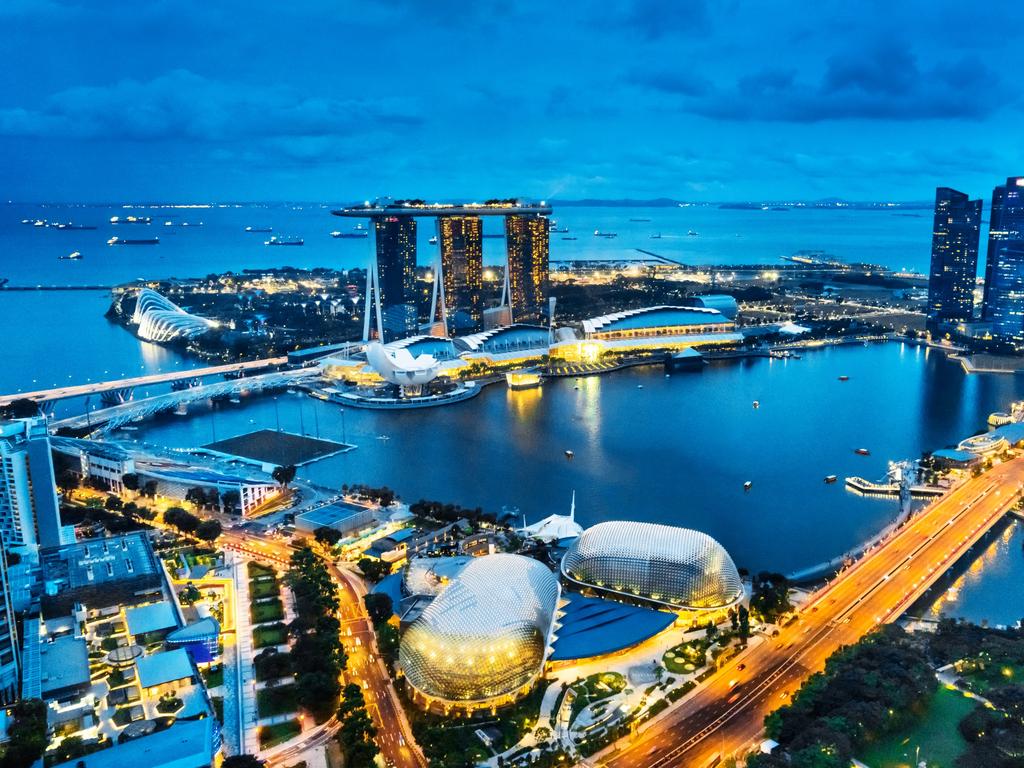
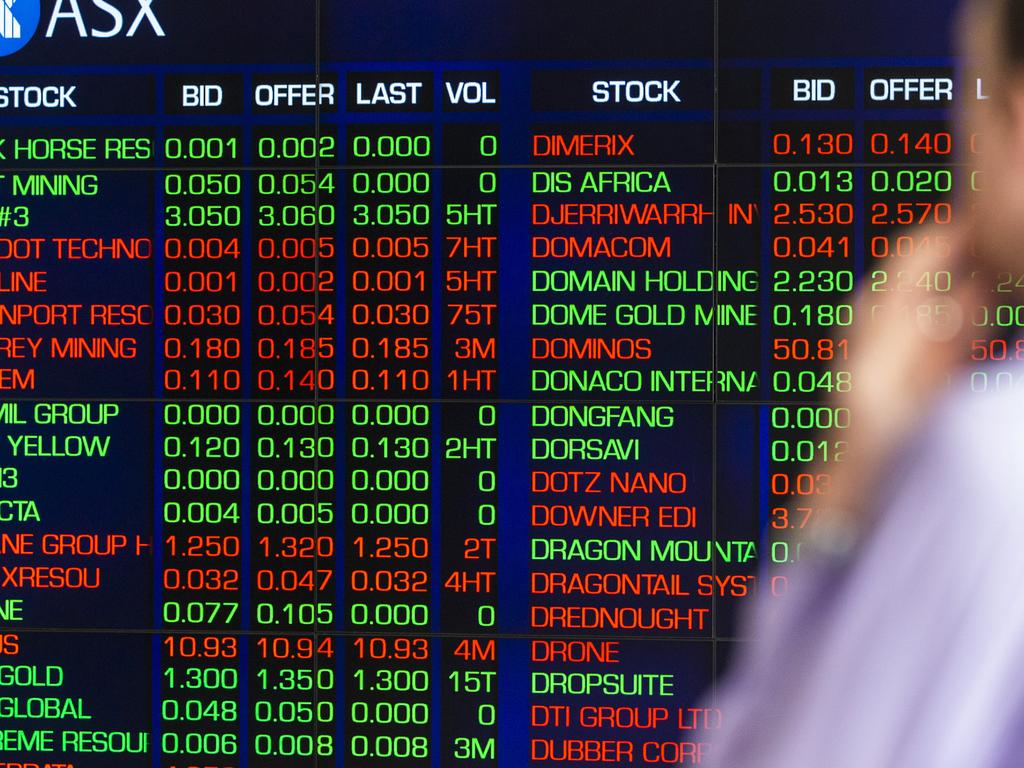
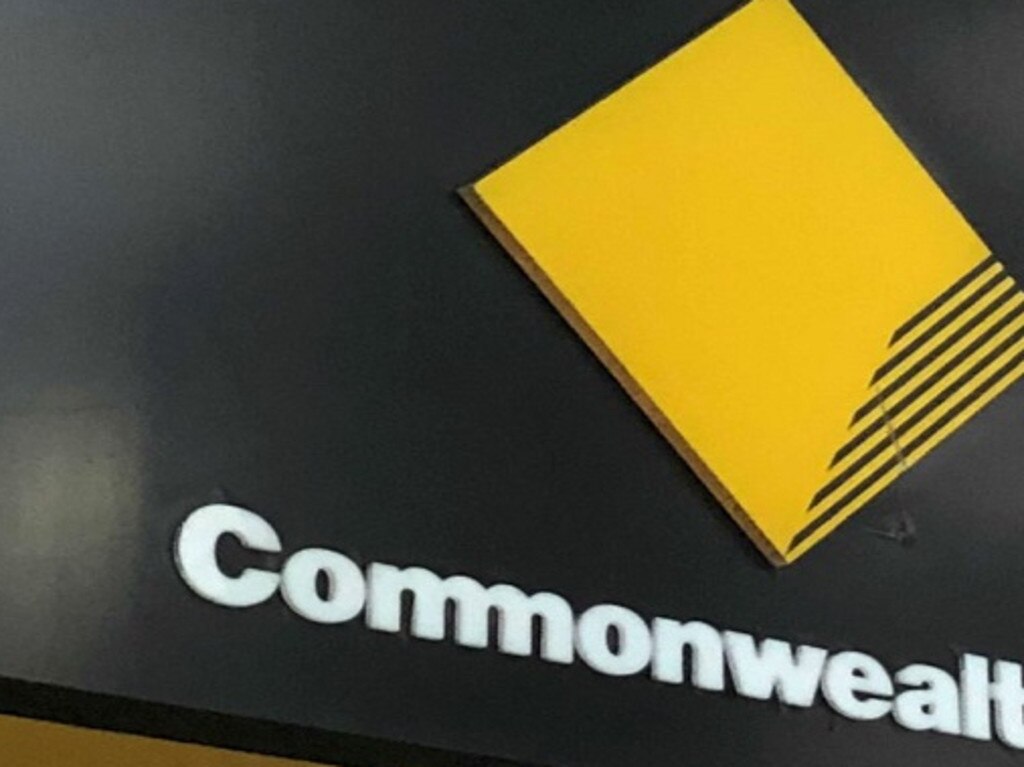
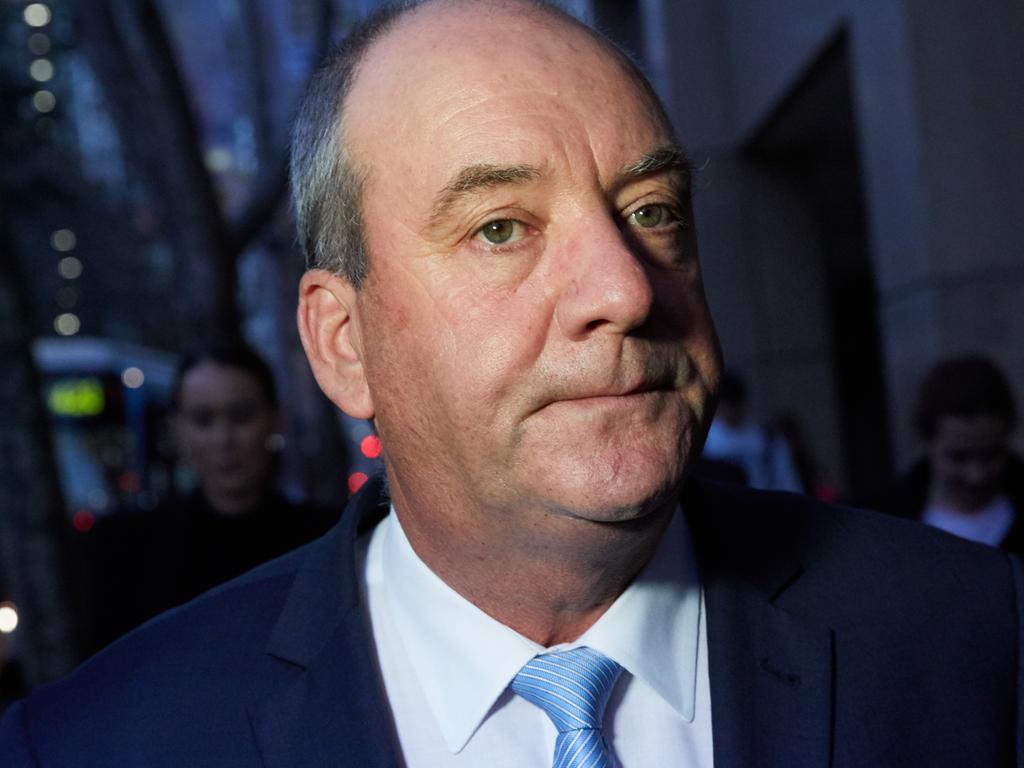


China’s Ministry of Commerce has targeted Treasury Wine Estates, Casella and Australian Swan Vintage as part of its dumping investigation into Australian wine exports, with the three companies given 37 days to complete “export questions”.